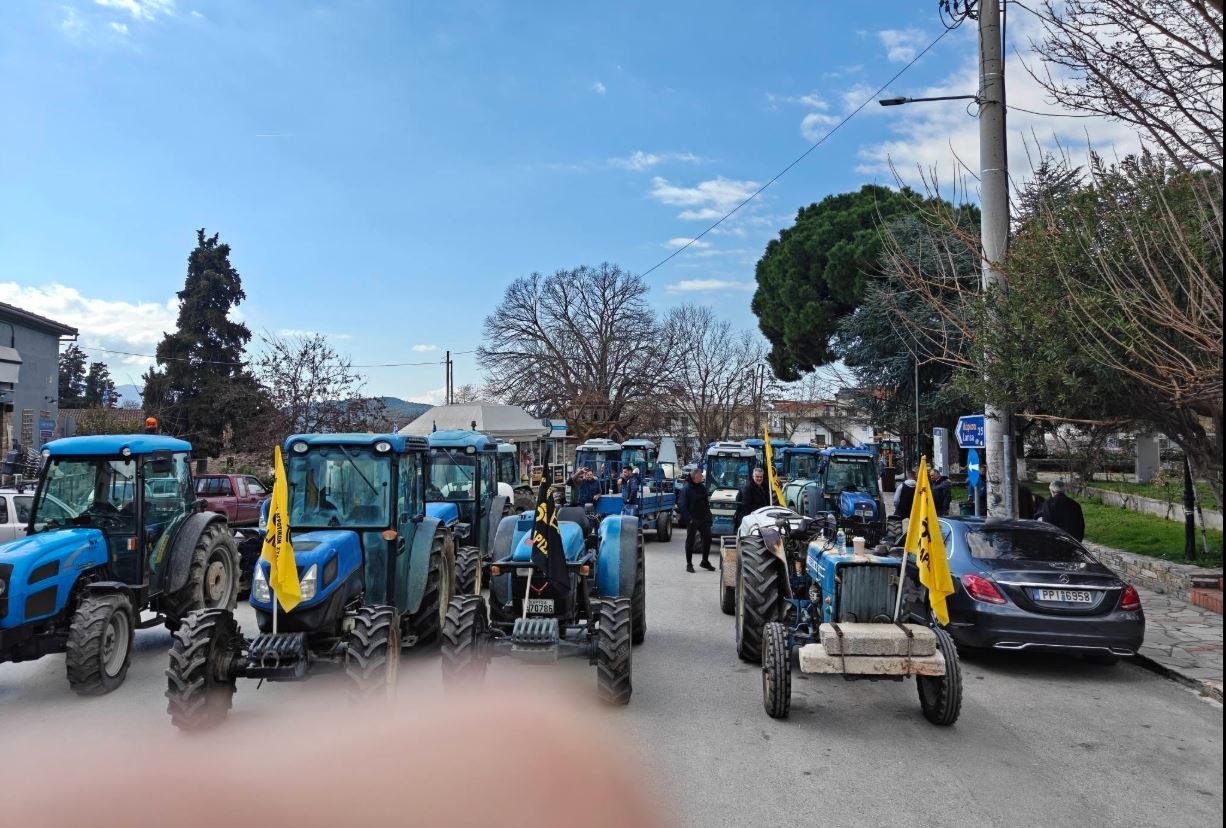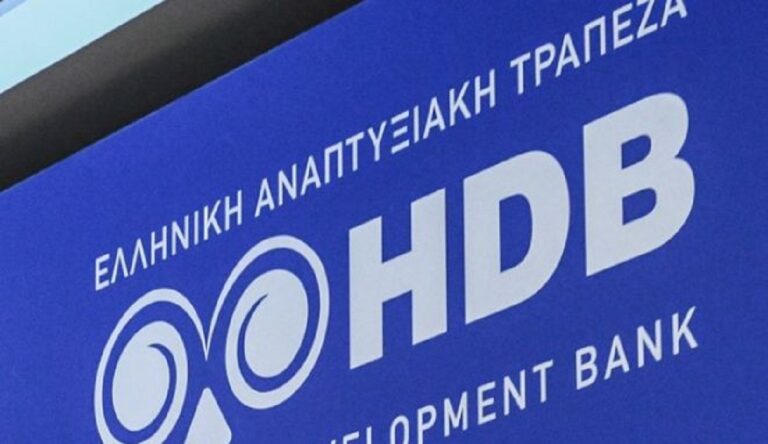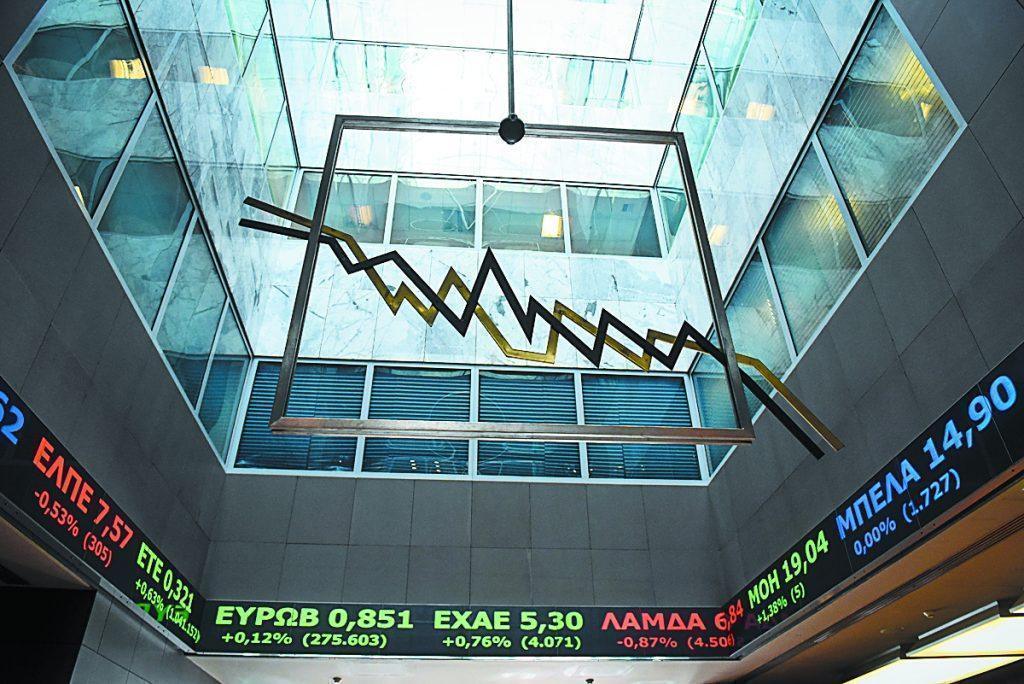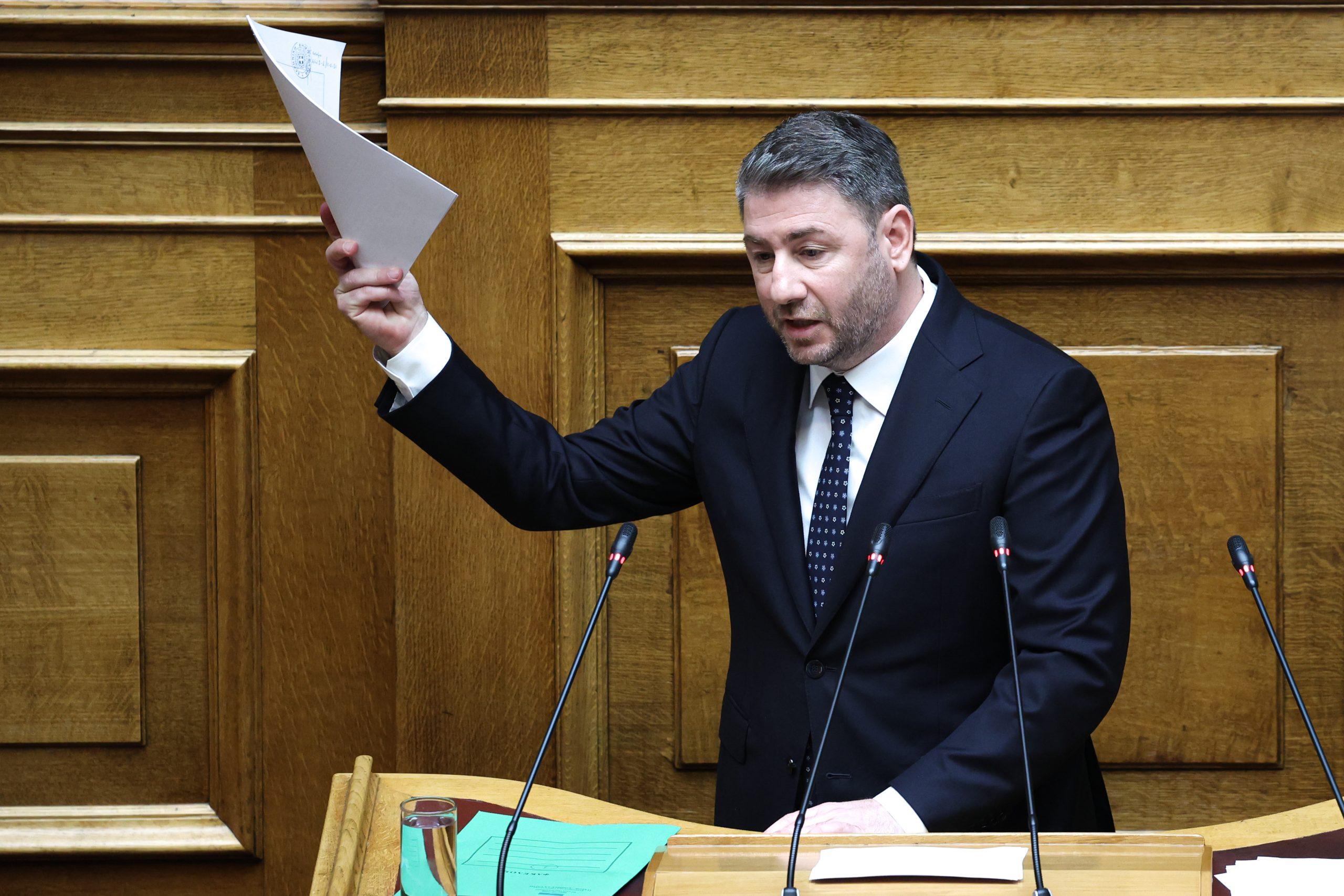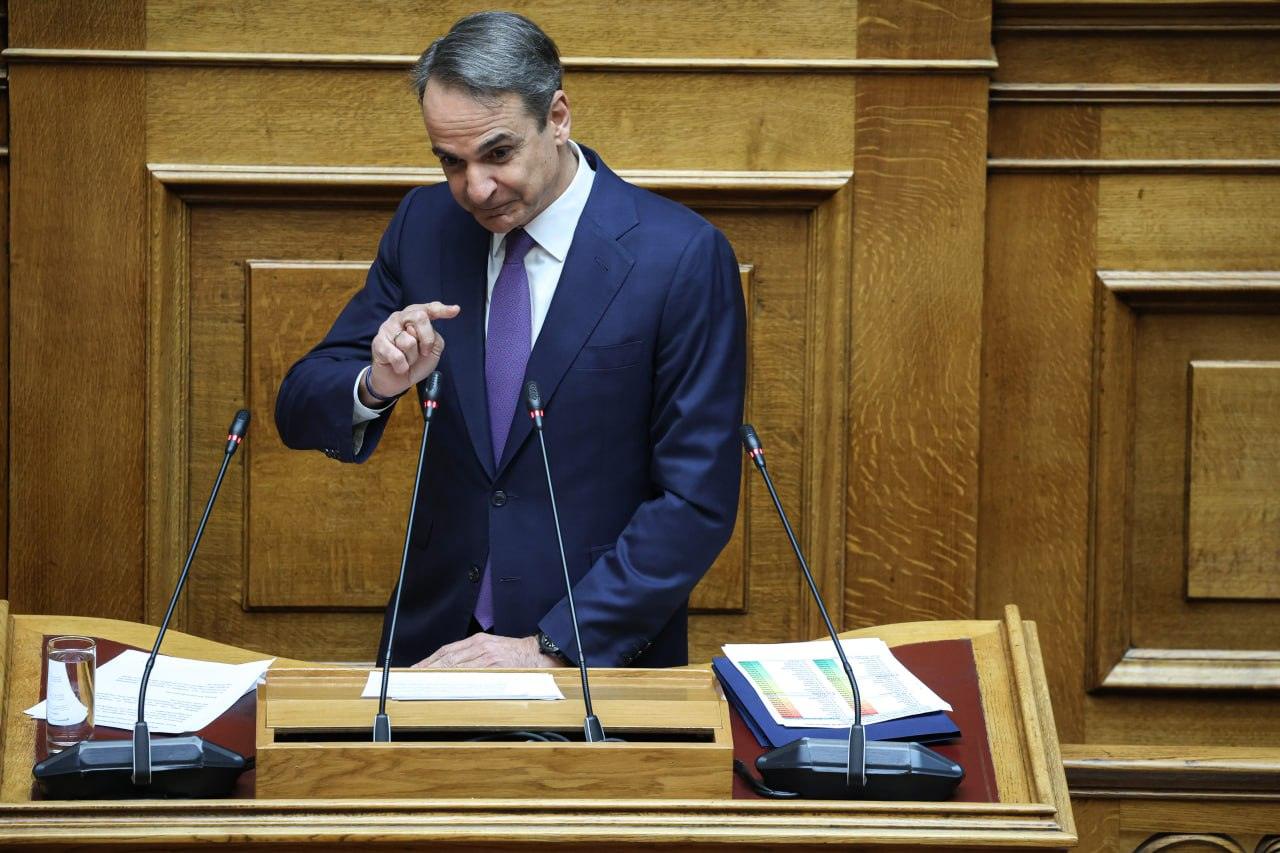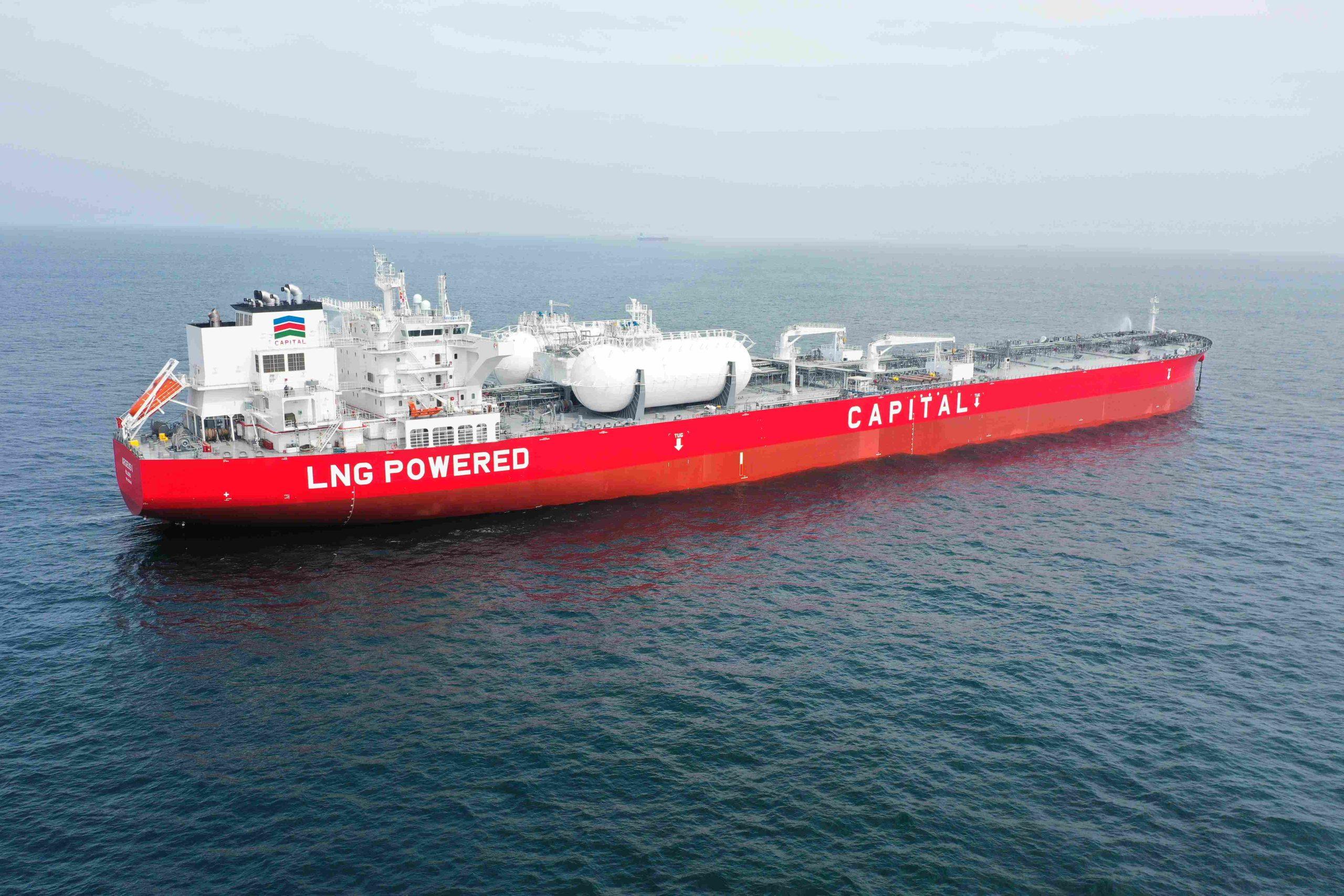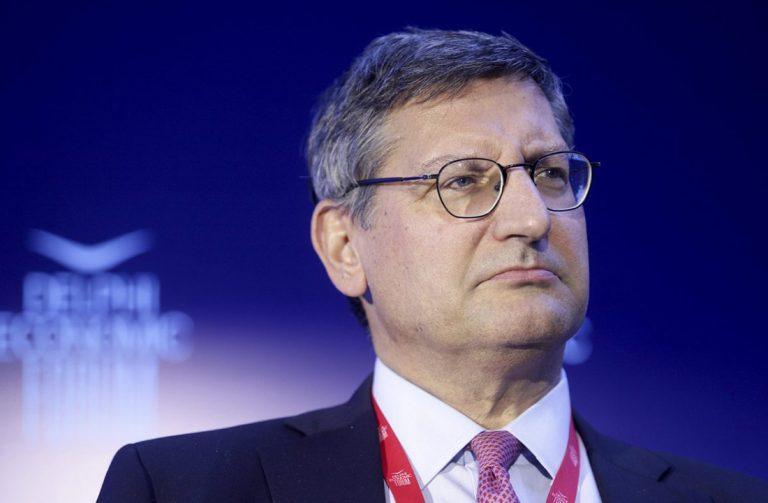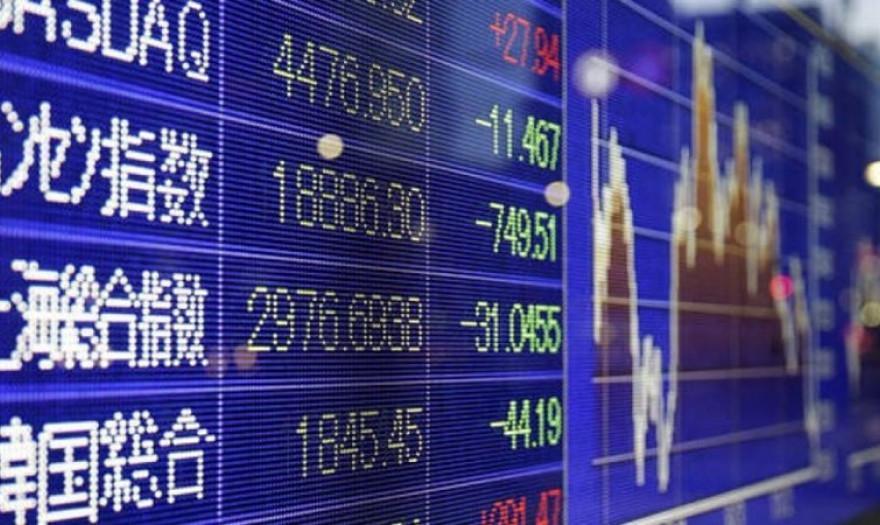Following in the footsteps of European energy providers, who rushed either through their websites or by sending newsletters to inform their customers about the energy crisis, follows IRON.
The energy production and supply company, a member of GEK TERNA, since yesterday hosts on its website a special category (https://www.heron.gr/news/heron-afksisi-timon/) with material and content through which it gives the necessary information to consumers about the causes of the “energy storm”, as it typically states. This is an initiative with which IRON seeks to explain to its customers but also to those who visit its website why the prices of electricity and gas are increasing. In fact, in his introductory note and addressing the Greek consumers and customers, he emphasizes: “We, here at HERON, feel the obligation to inform you and explain to you the causes of the unprecedented energy storm that the entire Greek society is called to face.”
European energy companies
European companies such as British Gas have made similar moves since the beginning of the month. Due to the minimal margins they have to absorb the large increases in energy prices, they seek to inform their customers about the reasons for the price increase of gas and electricity.
The size of price increases
HERON also presents two graphs which are revealing in terms of the magnitude of the energy crisis. The first depicts the evolution of the wholesale price of electricity in Greece and the EU. During the period April – October the increase in our country is 211% and the corresponding in European countries 199%. The second graph shows the explosion by 365% of the price of natural gas in Greece and Europe.
Social responsibility
These moves by energy companies carry the concept of social responsibility and, according to market participants, it has been found that consumers recognize such actions as an “honest attitude” of companies towards those who choose them to buy products or services.
HERON through nine questions – answers seeks to inform consumers about the causes of the energy crisis, estimates for the course of prices in winter and their de-escalation. It also informs its customers both about the possibilities of choosing its programs based on the new market conditions and about the subsidy granted by the state to the electricity bills. It also provides helpful tips for saving energy when using household appliances.
The causes
According to the energy production and supply company, the “unprecedented” increases in energy prices are attributed to five reasons:
1. Increased energy demand. After the lockdown is lifted worldwide, people are returning to normalcy. Economies are recovering. Demand and production are gradually increasing. However, demand is rising faster than product supply. Industries and transport are unable to meet the increased demand and require larger amounts of energy, resulting in rising prices.
2. Difficulties in the supply of natural gas. In Greece and in Europe as a whole, electricity is produced mainly from natural gas. The quantities of fuel reach the countries with pipelines from Russia and Azerbaijan or in liquefied form by tankers. Geopolitical reasons, the absence of an underground gas storage facility in our country, but also the failure of European countries to forecast increased demand caused unprecedented increases in energy prices.
3. Increase in the prices of greenhouse gas (CO2) emission allowances. Electricity prices are affected by the cost of pollutants released to produce it. Electricity-producing industries are required to buy polluting rights at auction for the environmental damage caused. CO2 allowance prices have tripled in one year.
4. Climate change is exacerbating the already problematic energy situation.
Last year’s heavy winter reduced the available gas reserves in Northern Europe. Their replacement will burden this year’s demand.
The summer drought has increased the need for continuous air conditioning. At the same time, less rain reduced hydroelectric power generation. Due to winds of lower intensity compared to other years we had lower wind energy production. Hurricanes in the southern US states have temporarily halted gas exports, reducing their global supply.
5. The delay of the transition to forms of cheaper “green” energy. If Greece and Europe had implemented the energy transition strategy earlier by developing more Renewable Energy projects and energy storage systems, the problem of the energy crisis would have been significantly smaller.



























